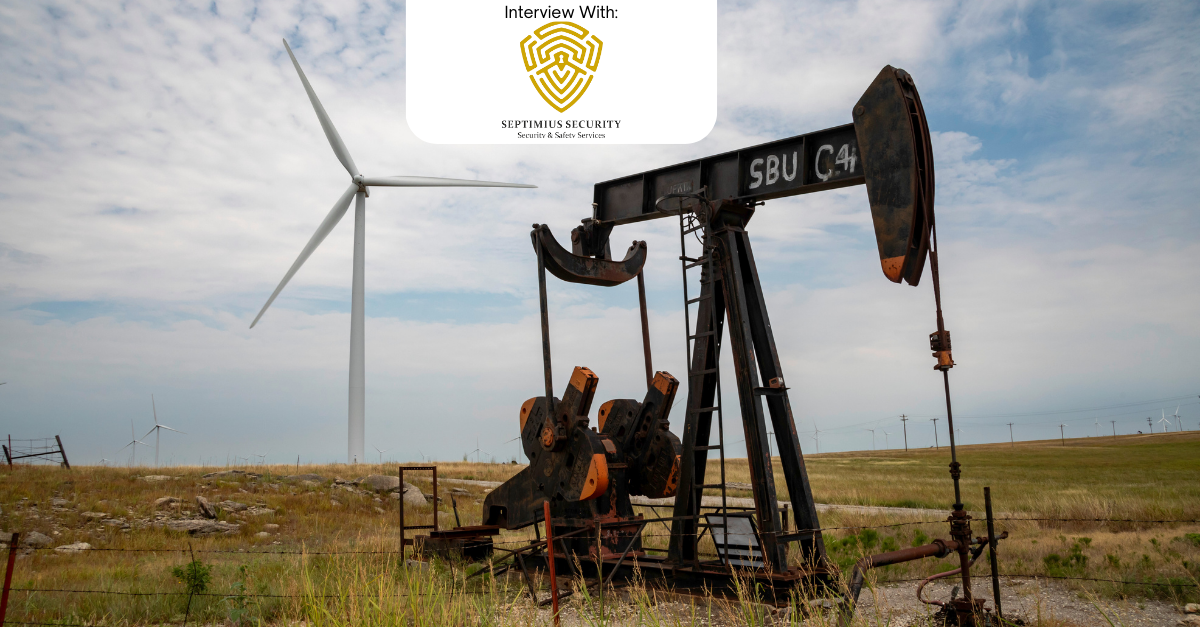The article provides a comprehensive analysis of the strategic, economic, and technological significance of North Africa in the global oil and gas sector, with a focus on the role of international partnerships
In the evolving landscape of the global energy sector, North Africa emerges as a region of pivotal importance, particularly in the realms of oil and gas. The role of international partnerships in this region not only shapes its energy market but also signifies a broader impact on global energy dynamics. This article delves into the multifaceted influence of these collaborations, underscoring their strategic, economic, and technological dimensions.
Strategic Significance of North Africa
North Africa’s geographical positioning, bridging the Mediterranean and the vast expanse of Sub-Saharan Africa, bestows upon it a strategic significance. Countries like Algeria, Libya, and Egypt are not only rich in oil and gas reserves but also serve as critical transit points for energy exports to Europe and beyond. The strategic value of these resources has drawn significant international interest, positioning North Africa as a key player in the global energy market.
Historical Context and Current Landscape
Historically, North Africa’s oil and gas sector has been influenced by its colonial past, with European countries playing a significant role in the exploration and development of these resources. In recent years, this landscape has evolved with the entry of new players from Asia and the Middle East, diversifying the nature of international partnerships in the region.

Benefits of International Partnerships
Investment Influx: International partnerships bring substantial foreign investment, crucial for the exploration and development of oil and gas resources. This influx of capital is vital for funding large-scale projects that are beyond the fiscal capacity of individual North African nations.
Technology Transfer: Collaboration with global energy companies facilitates the transfer of cutting-edge technology and expertise. This is essential for efficient resource extraction, processing, and environmental management.
Case Studies
Algeria and European Partnerships: Algeria, with its vast natural gas reserves, has formed strategic partnerships with European entities. These collaborations are not just confined to resource extraction but also encompass infrastructure projects like the Trans-Mediterranean, Medgaz, and Galsi pipelines, enhancing Algeria’s role as a key gas supplier to Europe.
Egypt’s Mediterranean Gas Fields: The discovery of massive gas fields like Zohr in the Mediterranean has attracted partnerships with global energy giants. These collaborations have not only bolstered Egypt’s energy self-sufficiency but also positioned it as a potential major gas exporter.
Future Prospects and Strategic Considerations
Looking forward, the role of international partnerships in North Africa’s oil and gas sector will be shaped by several factors:
Global Energy Transition: The global shift towards renewable energy and sustainability goals may impact the long-term prospects of oil and gas projects.
Partnerships may need to evolve, focusing more on sustainability and lower carbon footprints.
Technological Advancements: Continuous technological advancements will remain crucial, particularly in areas like deep-water exploration and environmentally friendly extraction techniques.
.jpg)
Regional Cooperation: Enhanced cooperation among North African countries themselves can amplify the benefits of international partnerships, leading to regional stability and integrated market development.
In conclusion, international partnerships in North Africa’s oil and gas sector are a cornerstone for the region’s economic development and global energy supply dynamics. While they bring substantial benefits in terms of investment, technology, and market access, they also navigate a complex landscape marked by political, regulatory, and economic challenges. The future trajectory of these collaborations will need to adapt to the evolving global energy landscape, focusing on sustainable practices and technological innovation to remain relevant and beneficial for all stakeholders involved.




.png)

.png)
